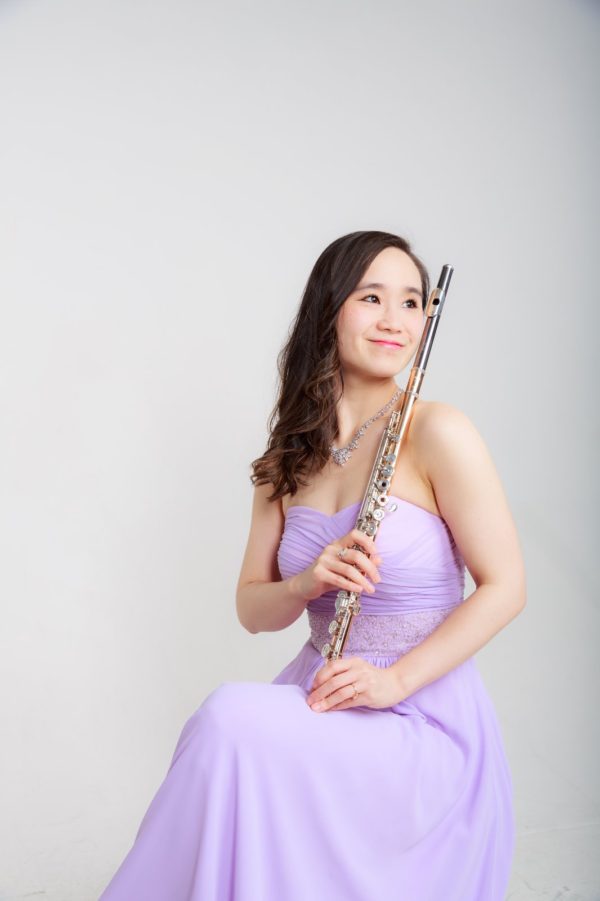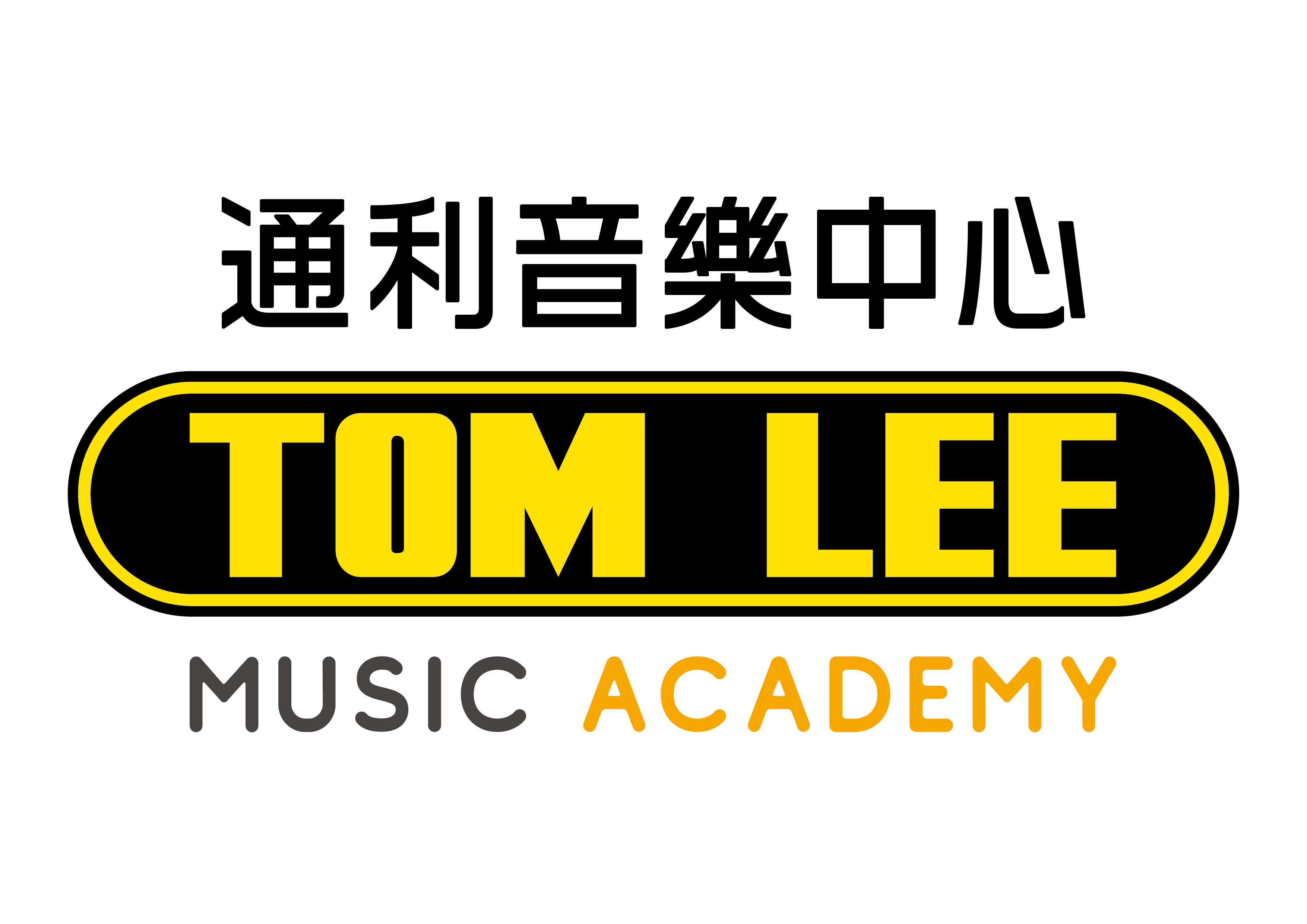
2019-10-15
Hi there, readers! In today’s blog, I wanted to discuss the merits of having music in your life at every age.Learning an instrument is a fantastic whole brain exercise. Your visual cortex is activated when you see the sheet music. Analysing and decoding what is written on the page involves your frontal lobe. Planning and executing motor functions involves both your frontal cortex and the motor cortex and cerebellum. Your corpus callosum, the bridge between the two halves of your brain is strengthened and built up both by motor functions requiring the coordination of the right and left sides of your body, and by the fact that music requires both the use of logic to decipher the written music’s code (which resides in the left brain) as well as intuition as to how to execute and interpret those instructions (which resides in the right). As we listen, our temporal lobes are triggered to process what we’re hearing, and subsequently activates the hippocampus, which produces and retrieves memories, and regulates emotional responses. The processing of rhythm involves the putamen, which is a part of the brain that regulates body movement and coordination as well.
The last two areas we mentioned are particularly important in two well-known neurodegenerative diseases: Alzheimer’s and Parkinson’s diseases. Music can have a great effect on those who suffer from these illnesses. Hearing music from their past, especially music associated with strong memories, feelings, and past experiences can draw out Alzheimer’s patients, allowing them to reconnect with their own histories, loved ones, and find moments of clarity. Music, with regular rhythms, can act therapeutically for Parkinson’s patients, acting as a neural cane for their minds to hold on to, allowing them to perform functions requiring rhythmic stability, such as walking.
Of course, these effects can be powerful for anybody. The emotions that we can and do experience hearing certain music at any age definitely attest to this truth. Learning music at any point in life, and especially as a child, build neuronal connections and bulk up the brain. Children who study music have been found to have especially developed corpus callosum structures, which allow for superior brain communication and function. There is also parallel development and strengthening of Broca’s Area and Wernicke’s Area, which handles written and spoken communication and language. Music helps us communicate better in every way, both through cultivating our sensitivity and ability to process syntax, and through expanding our emotional sensitivity. Music also helps develop our ability to spot patterns and sequences, especially classical music. Repeating motives, thematic recall in large scale symphonic and operatic works tickle our cognition as we listen. As performers, the ability to recognise scales, arpeggios, and other constructs can trigger the motor pathways built from practicing these basics, and allow us to perform virtuosic technical challenges.
We here in Hong Kong are very lucky, in that there is such a rich offering of music for us to indulge in, both live, and broadcasted on the radio. There are also ample opportunities for all to learn to sing or play an instrument. Let’s all go forth and enjoy music in our lives.
Click here to change this text
2019-05-10
I am so honoured and excited to present this Flute Blog for Tom Lee Music Academy! My name is Dr. Cleo Leung. I obtained my doctorate in Flute Performance from the University of Cincinnati College-Conservatory of Music in 2014, managed my own private flute studio, freelanced for multiple orchestras, and taught at the University of Dayton in the USA before moving back to Hong Kong almost a year ago. I’m looking forward to tackling any questions you throw my way here.
One of the biggest differences I’ve found between America and Hong Kong is how many children take private lessons and how young they start. Usually, for a student to seek out one-on-one instruction in the States, they either have an extraordinary interest in the instrument, beyond the challenges set out for them within a school’s music program, require remedial instruction to catch up with their peers, or have no school music program to study under. By Hong Kong standards, I started my flute instruction extremely late, at the age of 9. I had learned a bit of piano with my mother prior, but this was the first instrument I chose. I had first been enchanted by the sounds of the Chinese flute (dizi) as a first grader, in a school assembly here in Hong Kong presented by some high school students. I had almost forgotten the hypnotic sense of enthralment when I heard the Western flute presented by the teacher of an after-school music program in California, at the beginning of my fourth grade studies. Something woke inside me and said, “That’s the instrument I want to play!” The following year, my aunt took me to a masterclass taught by one of the greatest living flutists, Emmanuel Pahud. I was dazzled by the quality of sound he was producing, and the wide range of expressive colour he commanded. All of a sudden, the “boring” long tones my teacher insisted I practice were a lighted path to becoming the flutist I wanted to be, with the ability to perform and call forth beautiful melodies and sounds at will. I memorised and learned all my major and minor scales, arpeggios, mastered my chromatics, and eagerly devoured the technical exercises assigned, not for the sake of any exam or assessment, but to develop my technique and hone my sound through all registers. Progress built swiftly on my basics. If we study music for the love of the sound of our instrument, what we gain and learn both in our hands, our fingers, our ears, and our minds is far greater and will last even long after we’ve ceased our studies. I see music education not just as a mark on a checklist of childhood scholarly accomplishments, but as something that edifies us and cultivates us as citizens of a cultured world, that broadens our horizons, our sensibilities, and our emotional depths for life. So whatever sound draws you in to this wondrous journey, be it as a child or as an adult, as a performer or a listener, I hope you will open your mind and soul, and interact with your musical experience with your heart and intellect to explore previously unknown depths within and outside of yourself.
Happy music making!

